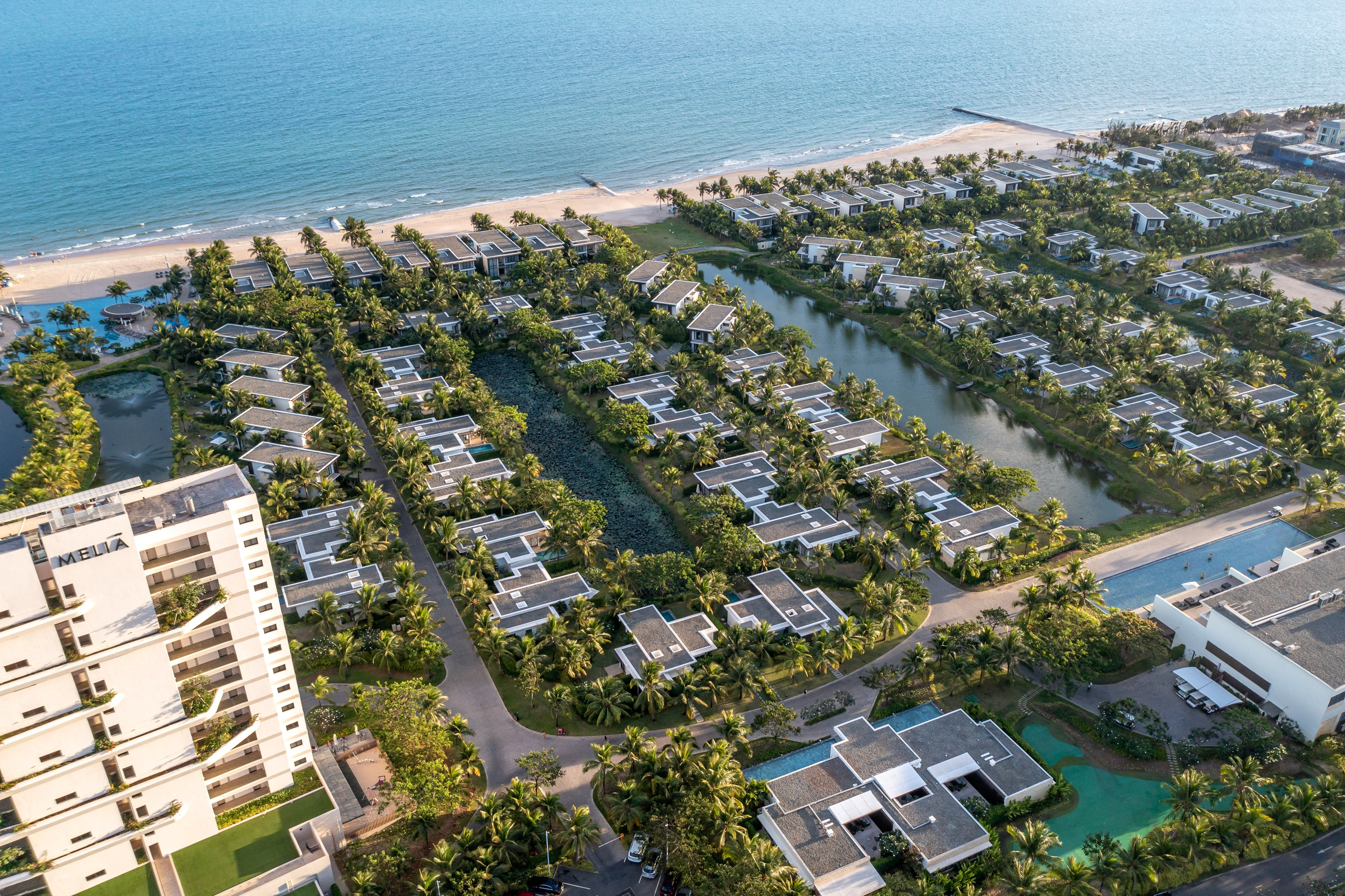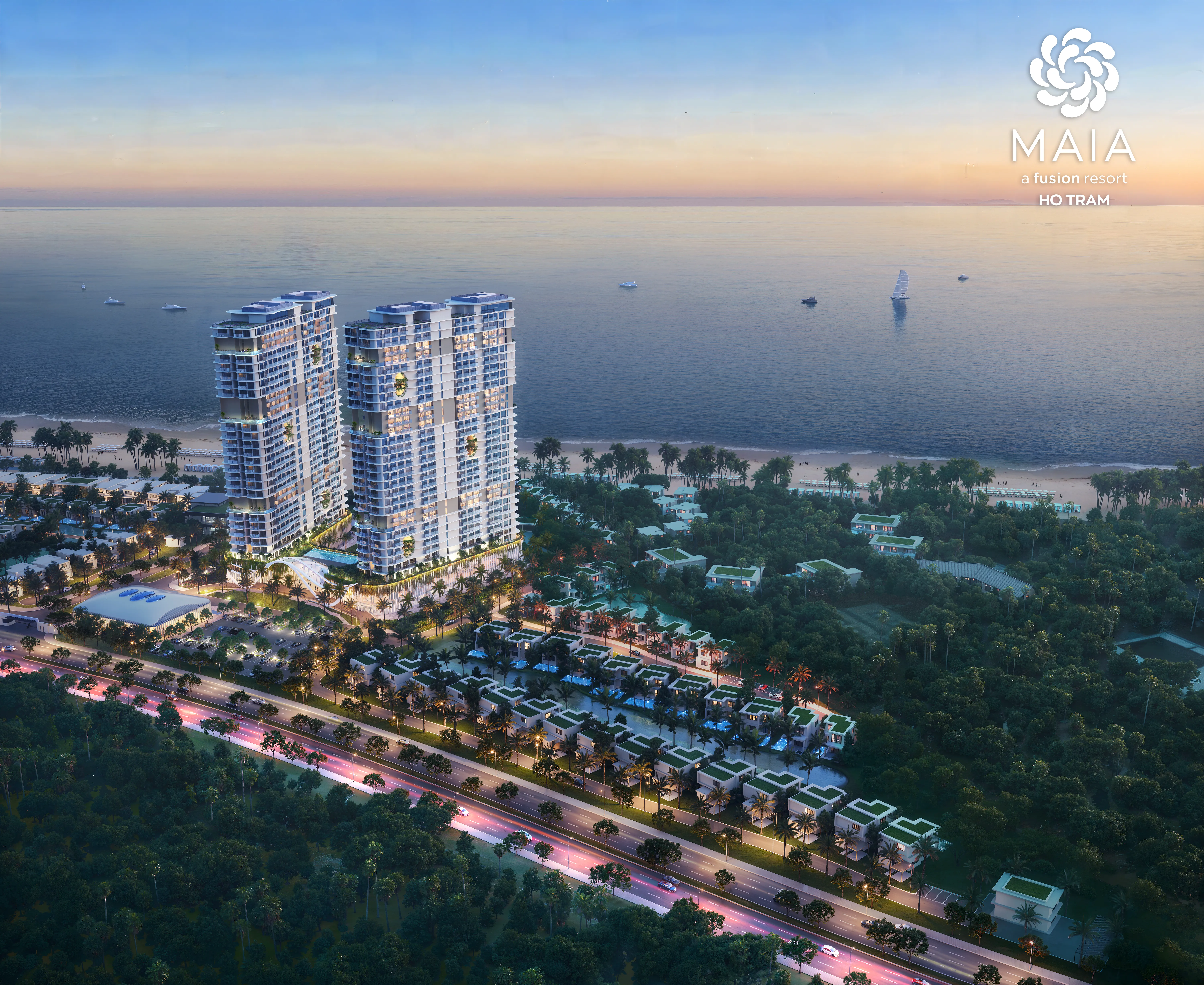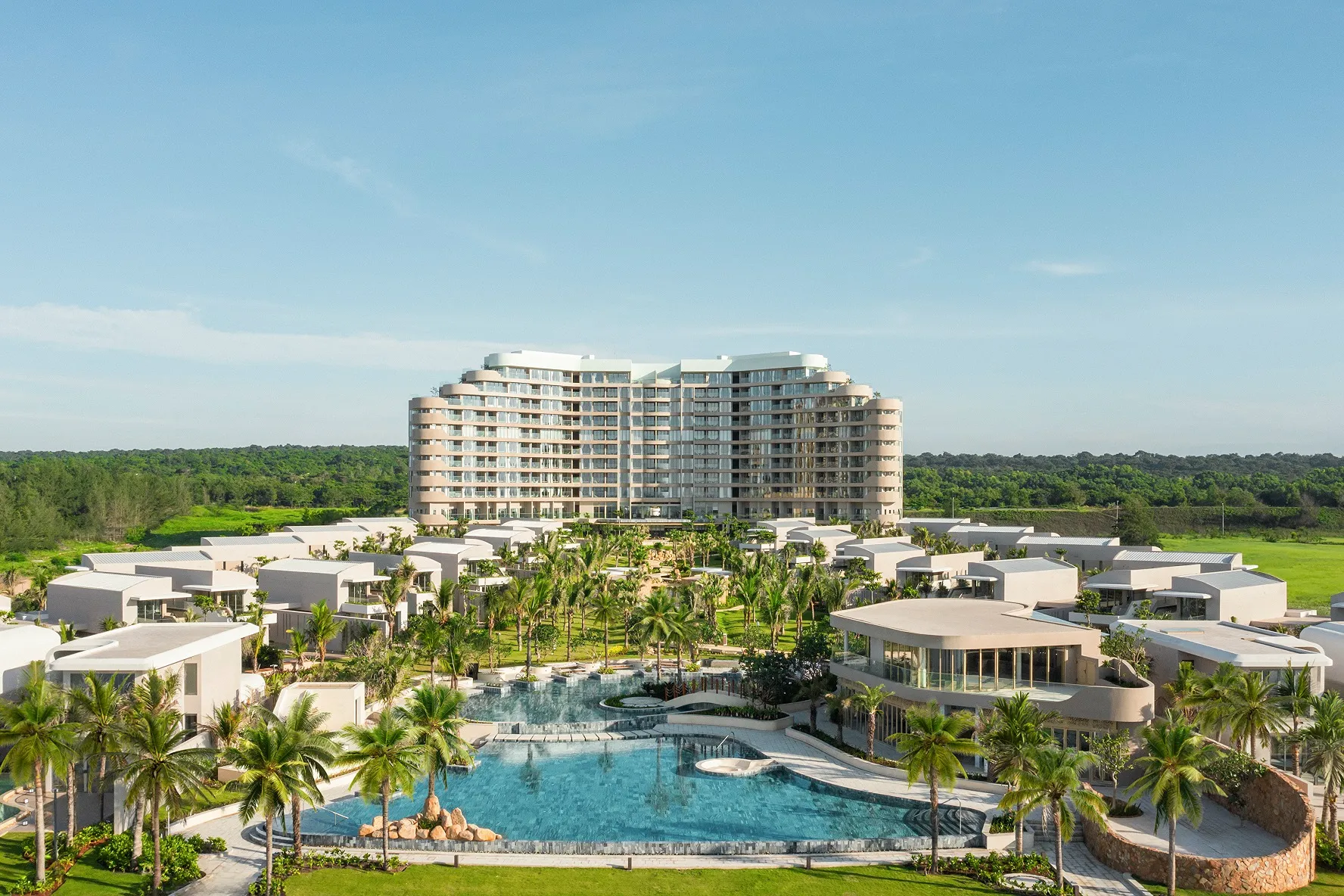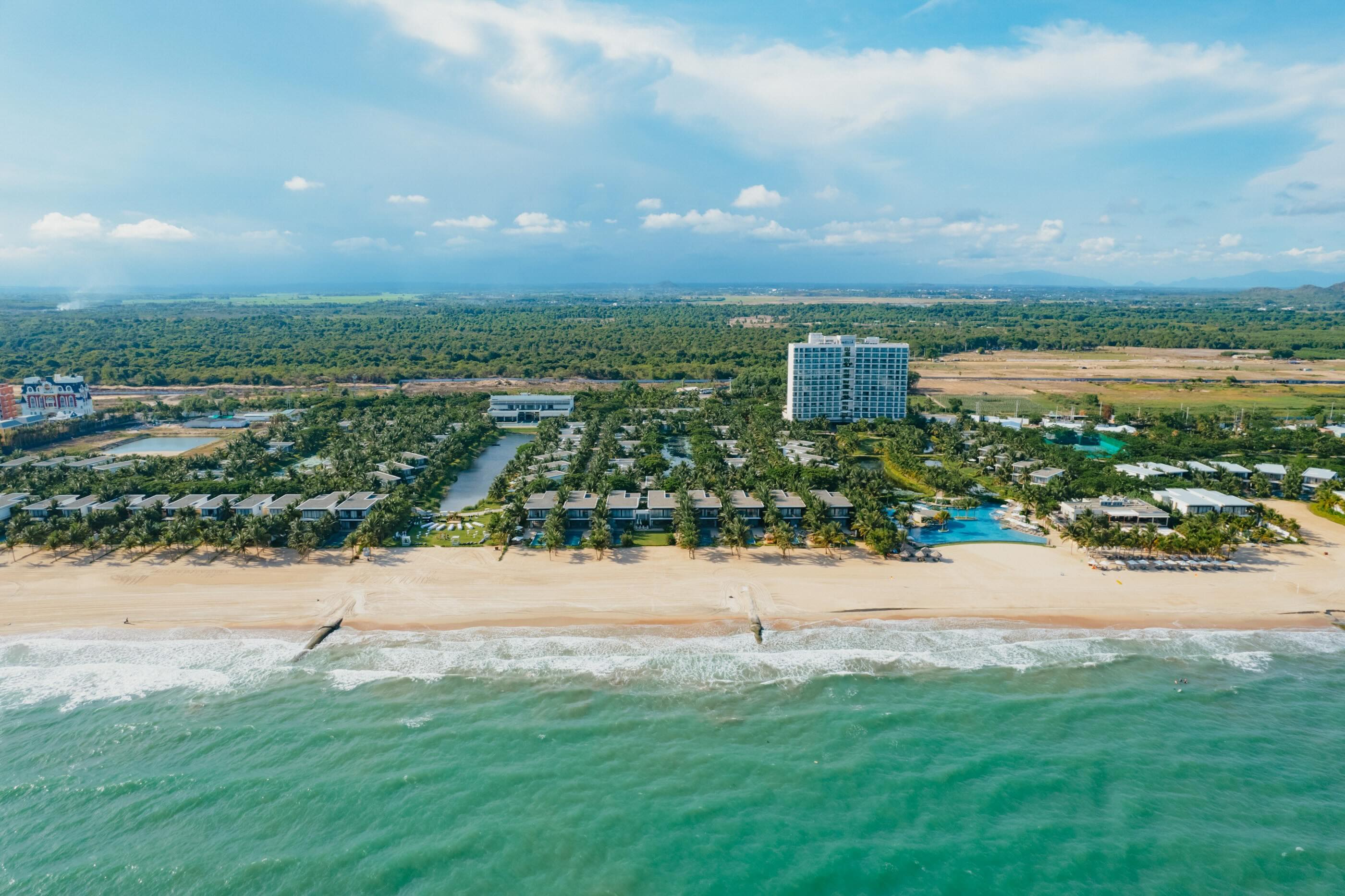
Investing in Condotel Vietnam: Opportunities, Risks, and Legal Insights
Are you considering investing in a condotel Vietnam? With the country’s booming tourism sector and growing interest in resort-style real estate, condotels (condominiums operated like hotels) have become a popular topic among both local and foreign investors.
In this article, we’ll break down everything you need to know about condotel investment in Vietnam, including advantages, challenges, foreign ownership rules, and tips before you buy.
What Is a Condotel?
A condotel is a hybrid property: part condominium, part hotel. Owners can use their unit as a vacation home and also place it in a rental pool managed by a hotel operator to earn rental income.
Condotels in Vietnam are most common in tourist destinations like Ho Tram, Da Nang, Nha Trang, Phu Quoc, and Ha Long, where resorts and coastal real estate are in high demand.

Why Invest in Condotel Vietnam?
- Rental income potential: In busy tourist cities, condotel can generate attractive returns through short-term rentals.
- Luxury amenities: Owners enjoy access to pools, gyms, restaurants, and concierge services.
- Capital appreciation: Vietnam’s tourism growth drives long-term demand for resort-style properties.
- Diversification: Condotel provide an alternative investment compared to traditional apartments or land.
Legal Risks of Condotel Vietnam Investment
One of the biggest concerns is the lack of a clear legal framework for condotels in Vietnam. Unlike apartments or houses, condotel are usually built on commercial land with a 50-year lease term (extendable), not on residential land. Key legal risks include:
- No permanent ownership: Most condotels are leasehold only, not freehold.
- Unclear title issuance: Some provinces issue ownership certificates; others don’t.
- Resale difficulties: Without a land-use certificate, reselling is challenging.
- Expired lease risks: At the end of the lease, ownership value may drop significantly.
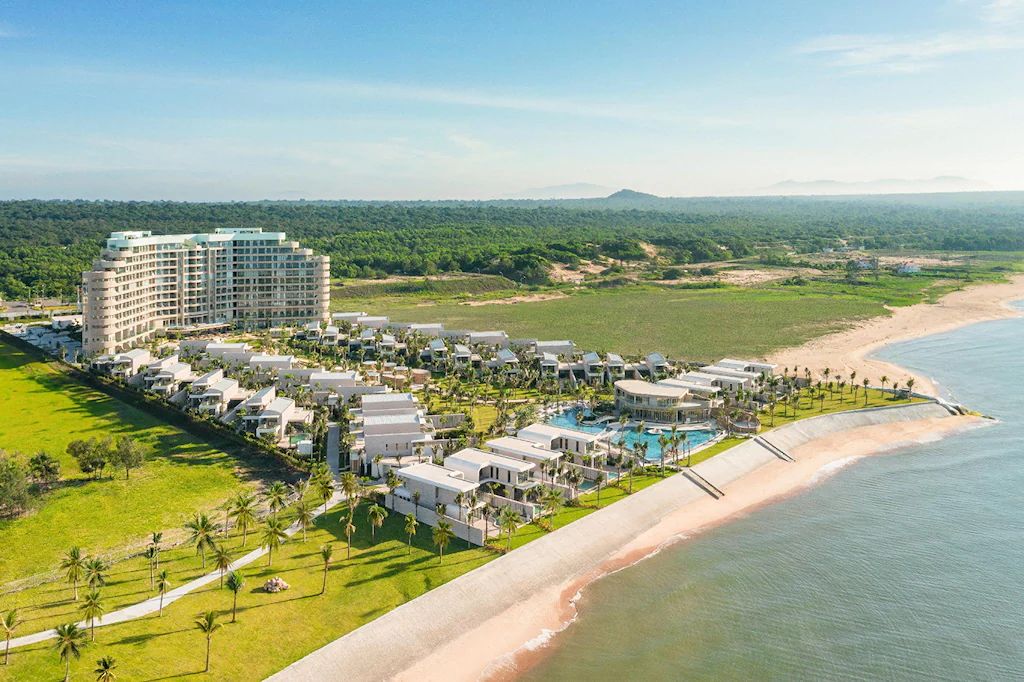
Can Foreigners Buy Condotel Vietnam?
This is one of the most common questions: Can foreigners invest in condotel in Vietnam?
Under current law, there is no clear legal provision for foreigners to own condotel. In practice, foreigners may purchase a condotel under a leasehold arrangement, usually up to 50 years. Freehold ownership is not available, unlike for certain apartments.
Pros and Cons of Condotel Investment
| Pros | Cons |
| Rental income potential | Legal uncertainty |
| Access to resort amenities | Leasehold land only |
| Exposure to tourism growth | Oversupply in market |
| Diversified portfolio | Difficult resale/financing |
Tips Before Investing in Condotels in Vietnam
- Do thorough due diligence: Verify land-use rights, title issuance, and developer reputation.
- Evaluate realistic returns: Don’t rely solely on promised “guaranteed income.”
- Choose established developers: Proven projects in tourist hubs are safer bets.
- Consider condotel as secondary investments: Avoid making them your main portfolio asset.
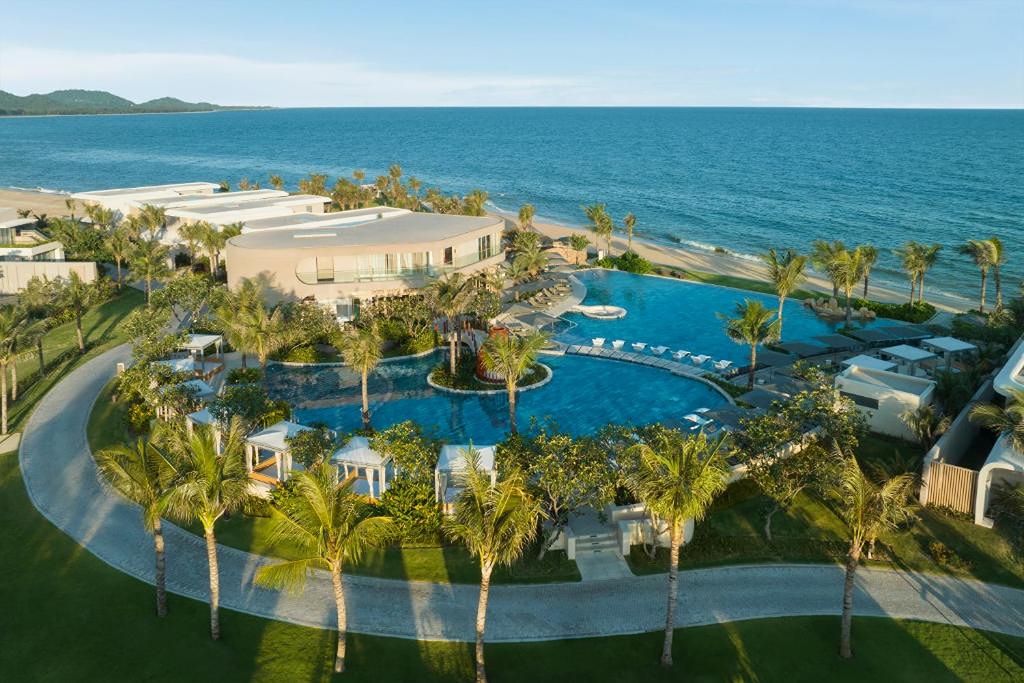
Summary Table
| Category | Highlights |
|---|---|
| Advantages | Rental potential, amenities, diversification, possible appreciation |
| Legal Risks | No clear framework, leasehold-only ownership, inconsistent title issuance |
| Market Condition | Oversupply, slow recent recovery, developer restitution issues |
| Foreign Ownership | Restricted and typically lease-based; legal construction needed |
| Investor Warnings | Volatility, trust issues, uncertainty on lease expiry, and resale complexities |
Let us know your thoughts!
In the mean time, you can check out some potential condotel projects for your investment considerations: Right here
Or contact us directly so we can serve you right away: +84 986 177 270 (Zalo, Whatsapp)

